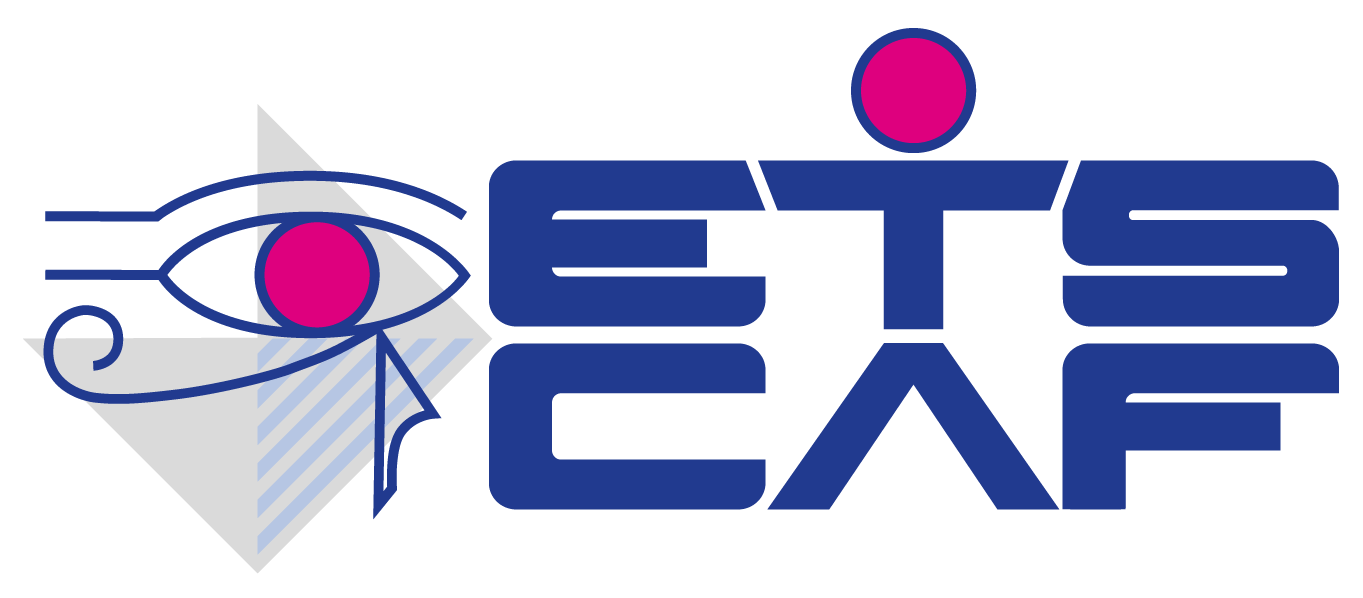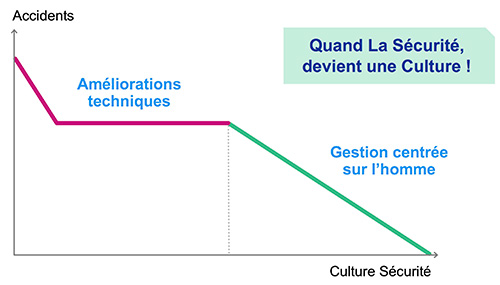By acting on individual and collective behaviours, ETSCAF can help you to turn safety into a STRATEGIC ASSET that contributes to OPERATIONAL EXCELLENCE
In every sector of activity and safety-related context, the first result of the intervention of the ETSCAF is an improvement of safety results.
ETSCAF helps its customers with a coherent and effective approach, consisting of principles to guide, an organisation to manage and tools to act.
It is based on the deployment of measures that will:
Every level of the company organisation is involved.
The simple tools are used to take actions that produce immediate results.
Our customers tell us that our initiative benevolently nurtures a new safety culture, in which every employee feels responsible and contributes to their own safety and the safety of others, everywhere, at all times and irrespective of their activity.
Looking beyond the figures, individual involvement brings about a collective transformation that drives all of the company’s practices towards improved performance.
Behavioral Safety
Accident prevention management systems, technical improvements, training and information and change management are all essential. Nevertheless, every day, every member of the company takes decisions that have a direct impact on their own safety.
Even if SMEs and major groups have become aware of the importance of the behavioural aspect of safety over the last few years, it was only recently that they started to really look for well adapted solutions.
In a company where all the players follow the procedures, which are themselves governed by a management system, the accident rate can remain low. On the other hand, in certain activities such as maintenance, where operators intervene on dangerous systems on customer premises, far from any managerial presence, does the system have any power over them?
The individual retains his own free will and, in this environment outside the company, where he often works alone, he acts according to his convictions and values. This means that the system is inoperative.





